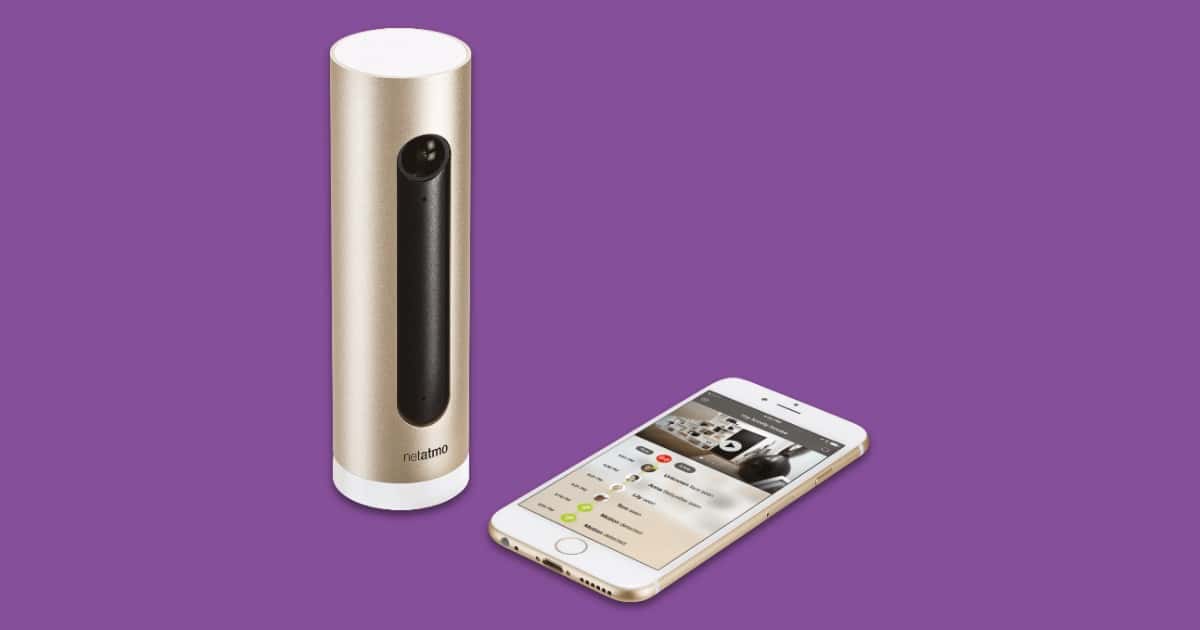IBM has released a toolkit for iOS and macOS to help developers to easily add homomorphic encryption into their programs.
While the technology holds great potential, it does require a significant shift in the security paradigm. Typically, inside the business logic of an application, data remains decrypted, Bergamaschi explained. But with the implementation of FHE, that’s no longer the case — meaning some functions and operations will change.
In other words, “There will be a need to rewrite parts of the business logic,” Bergamaschi said. “But the security that you gain with that, where the data is encrypted all the time, is very high.”
If you haven’t added homomorphic encryption to your technology watch list, be sure to do so. As I wrote in the past, this type of encryption lets a company perform computations on data while still keeping that data encrypted.

















